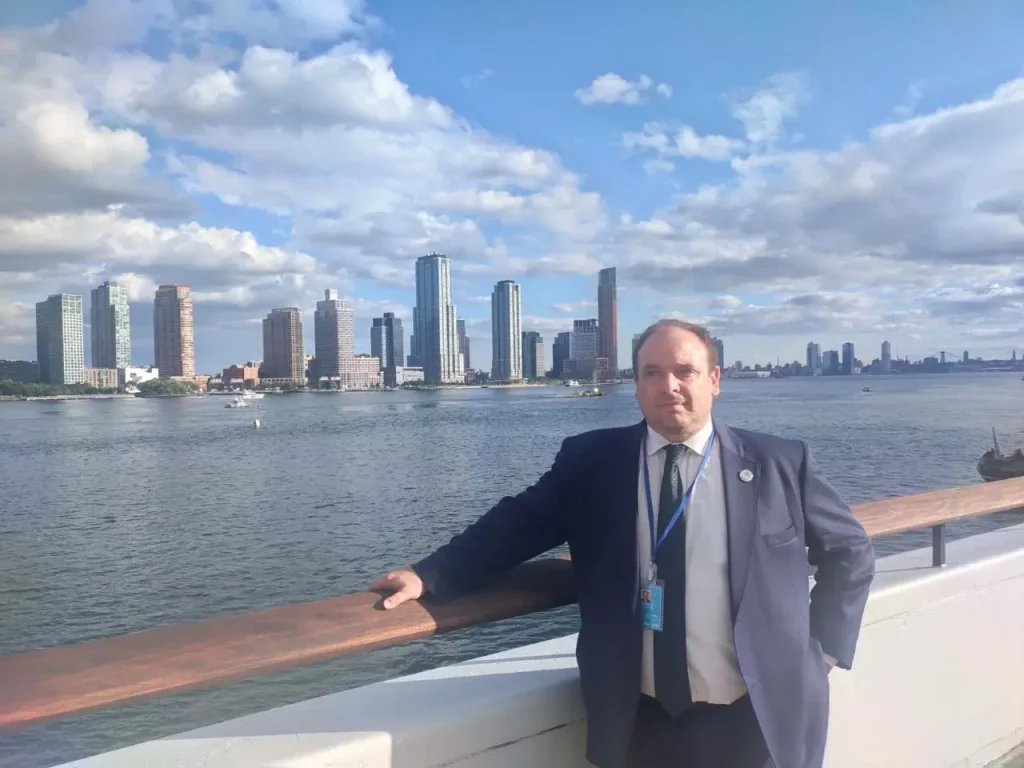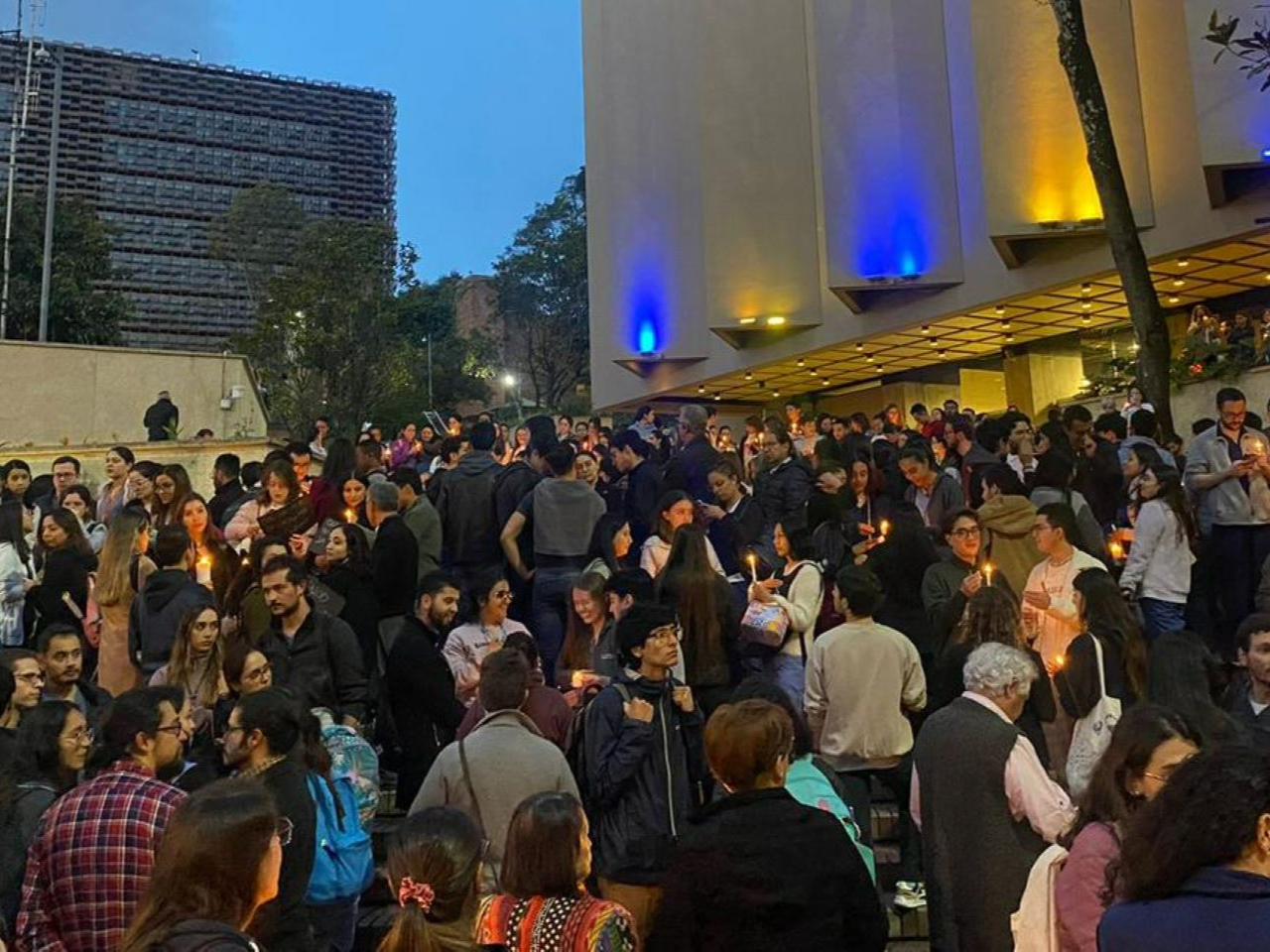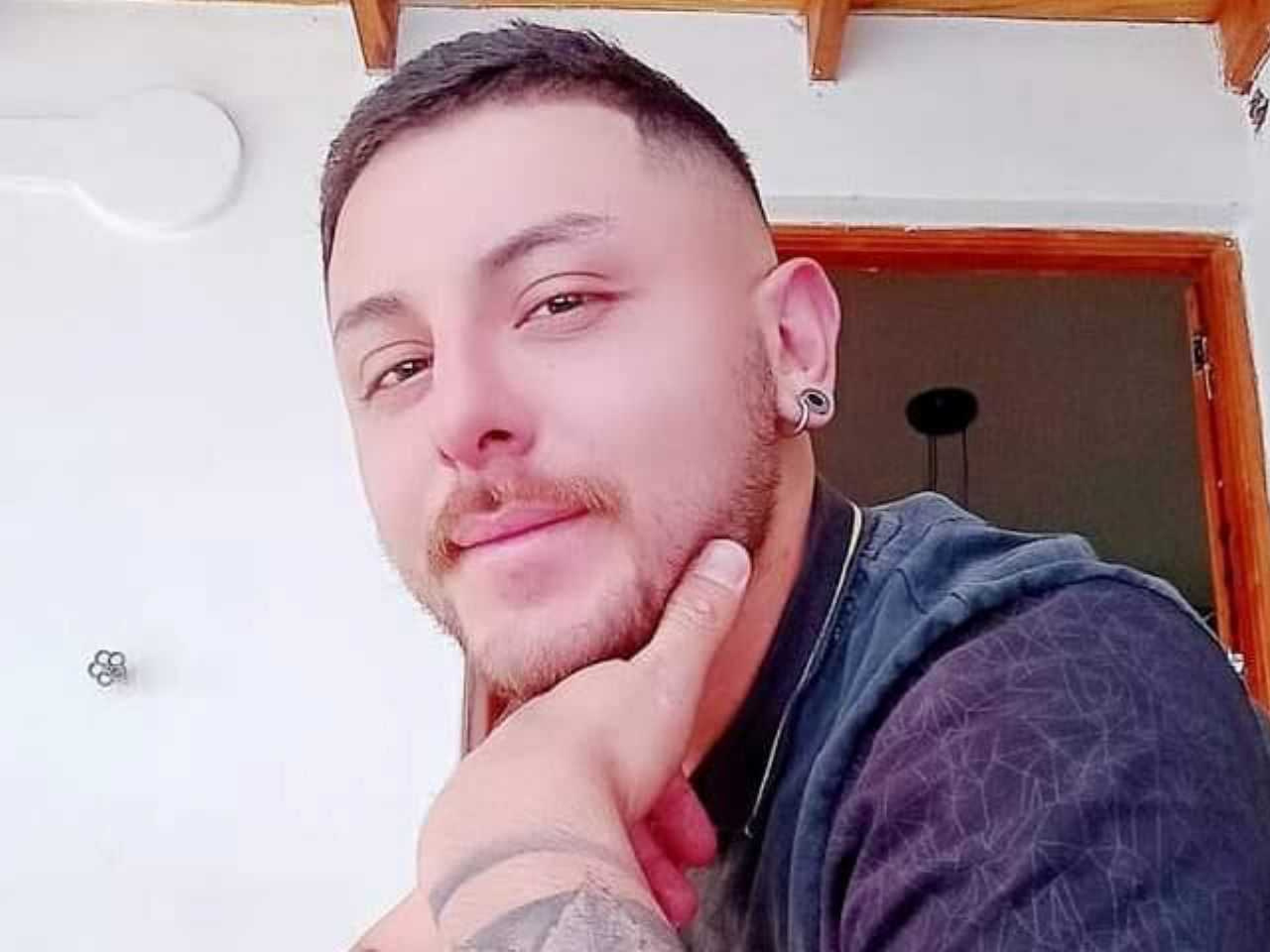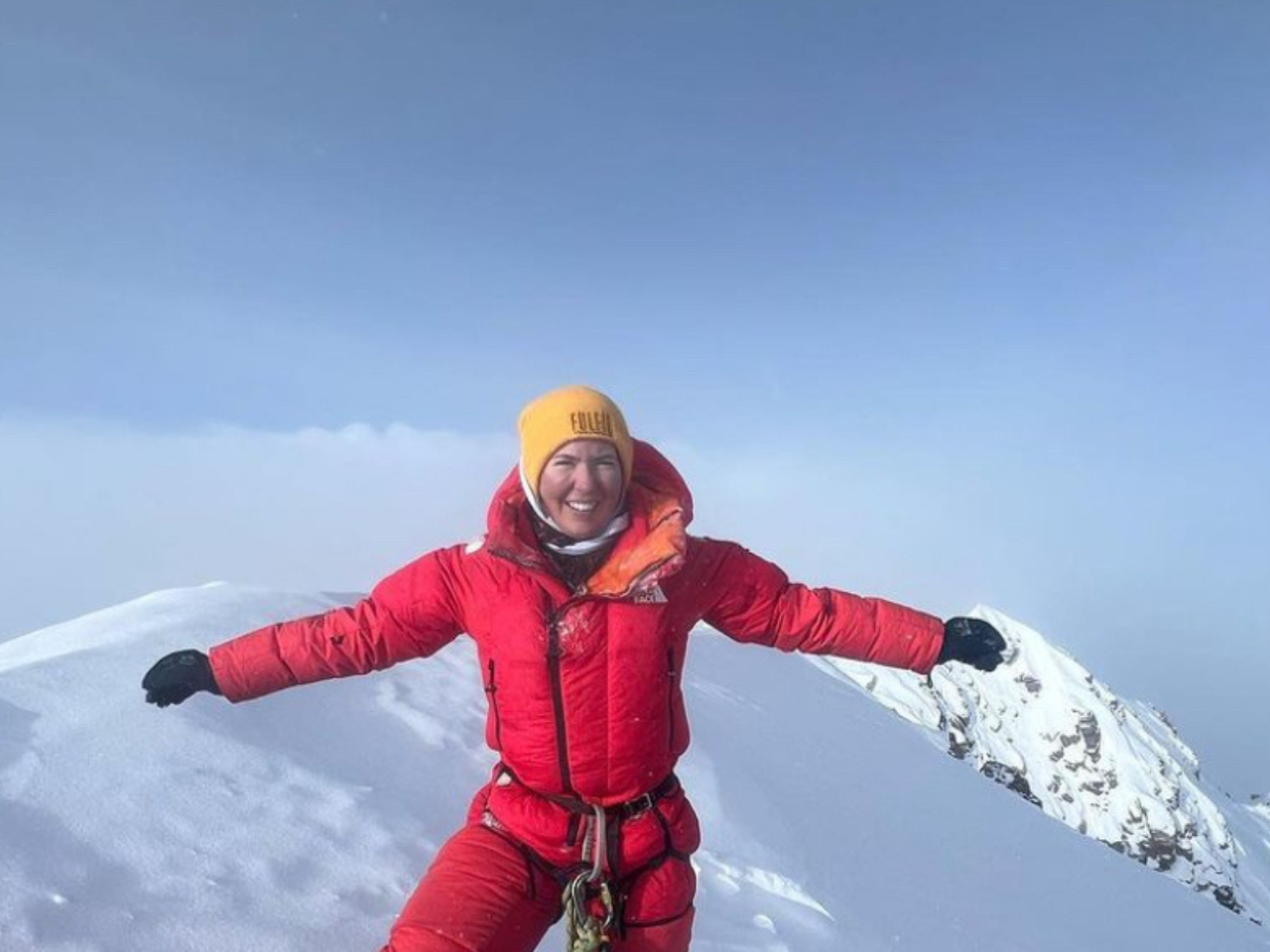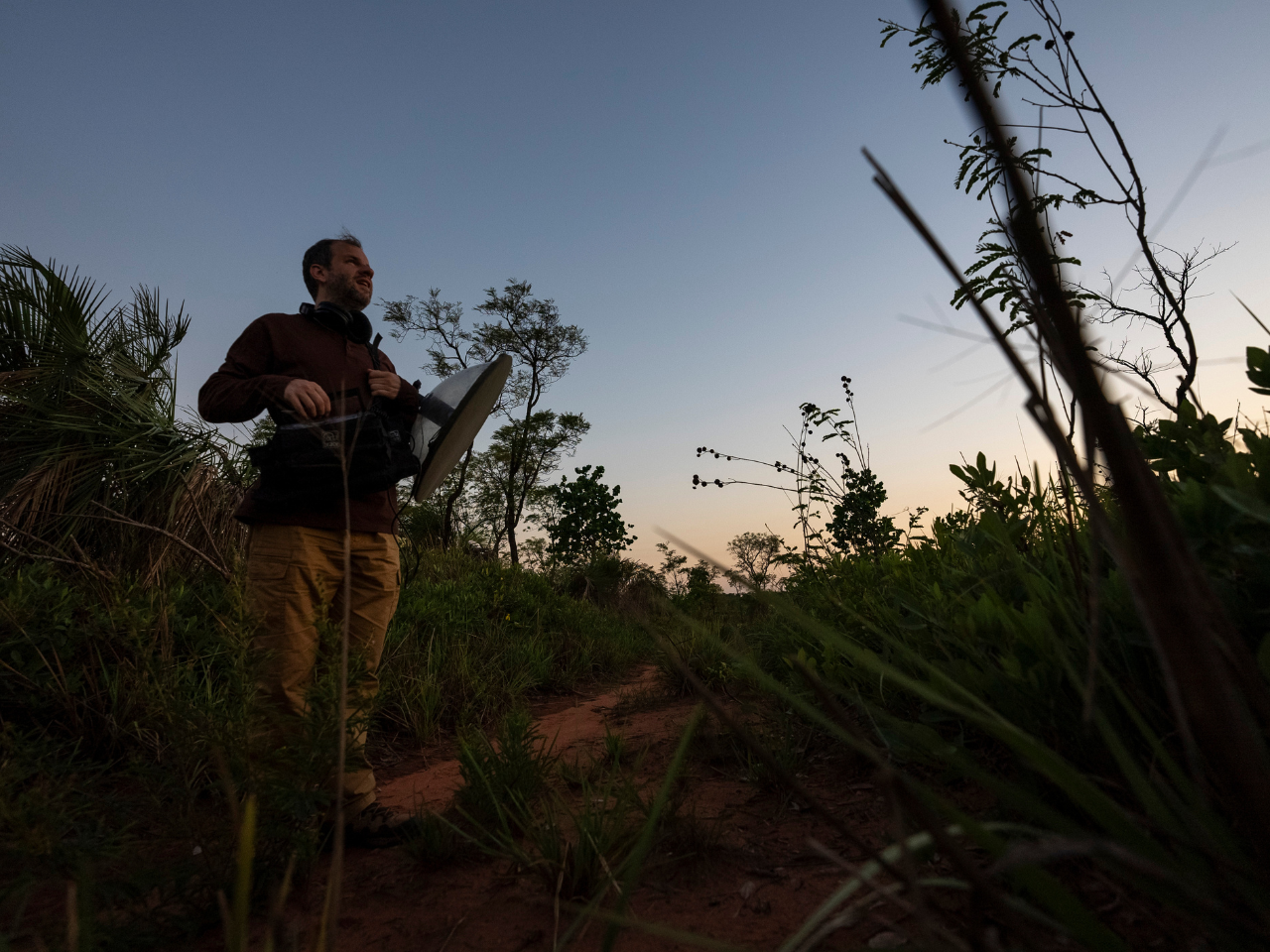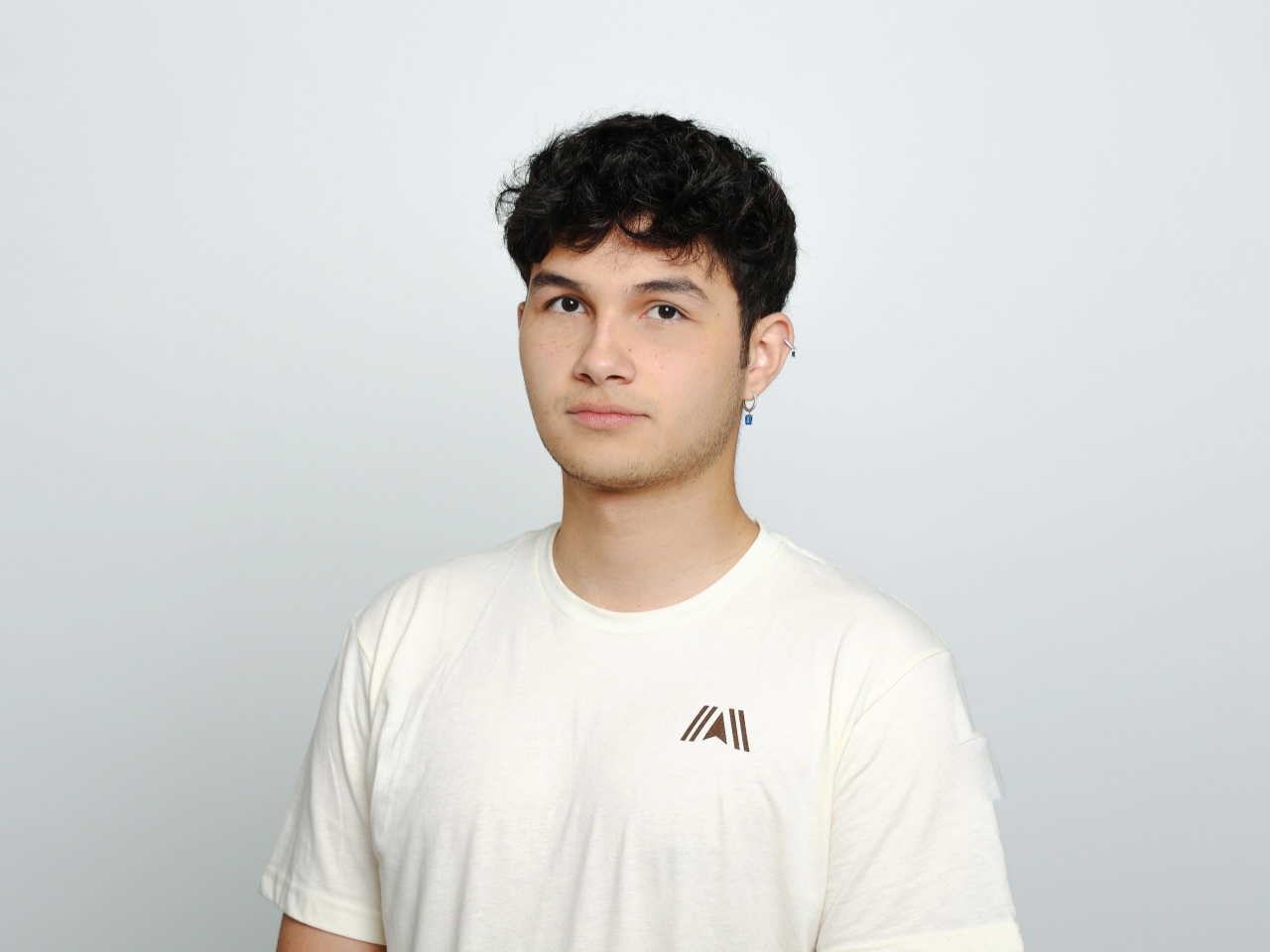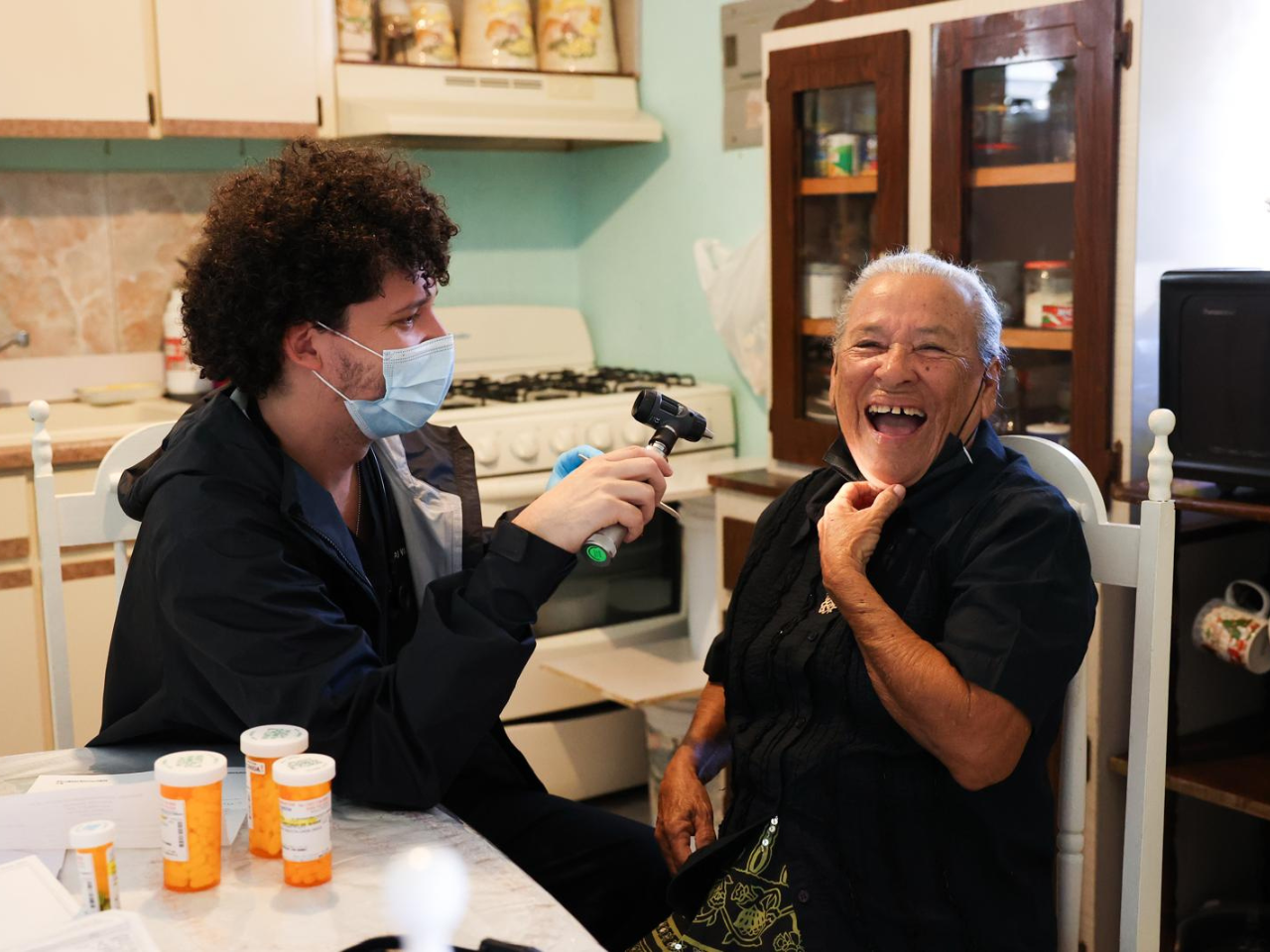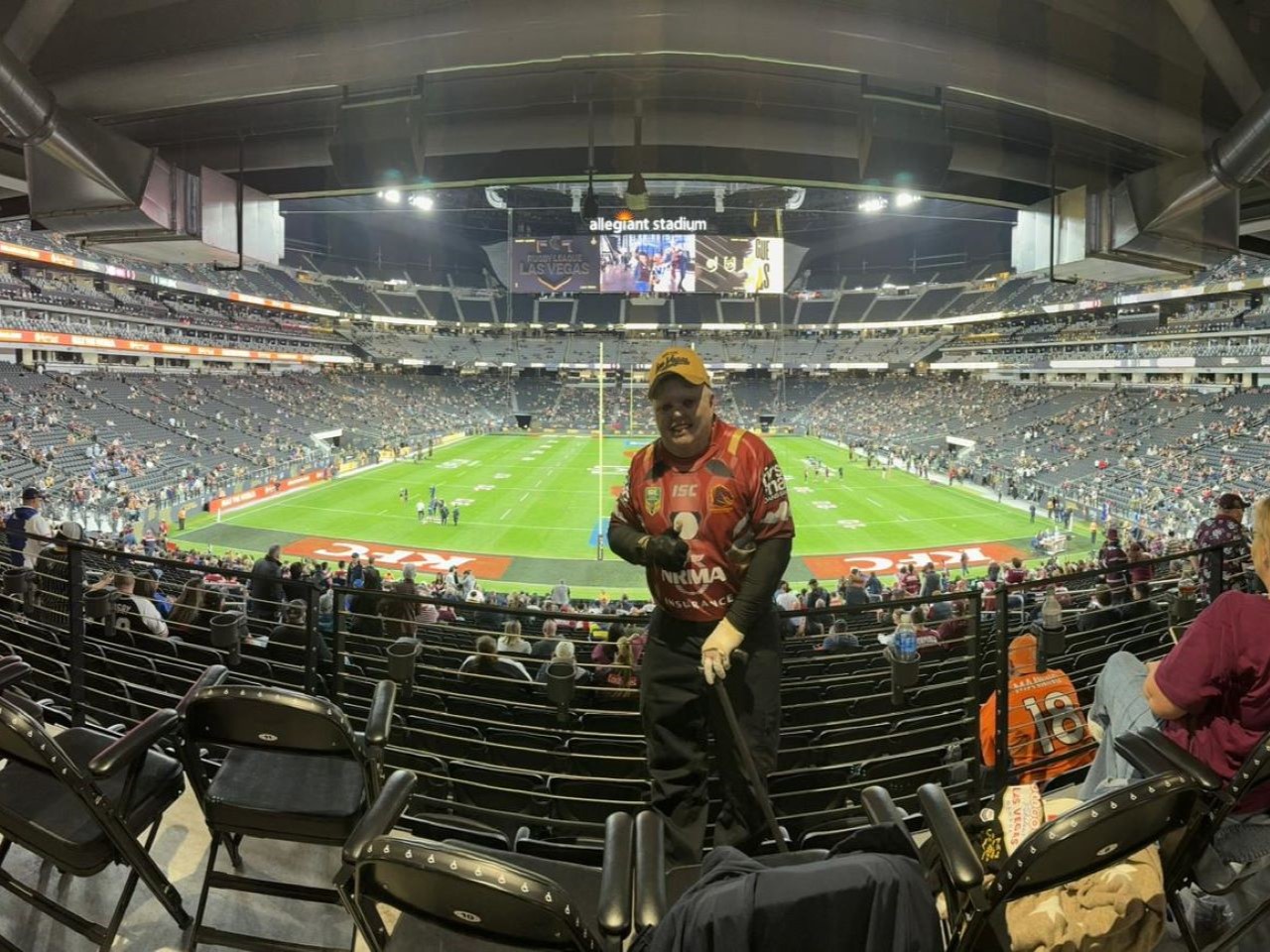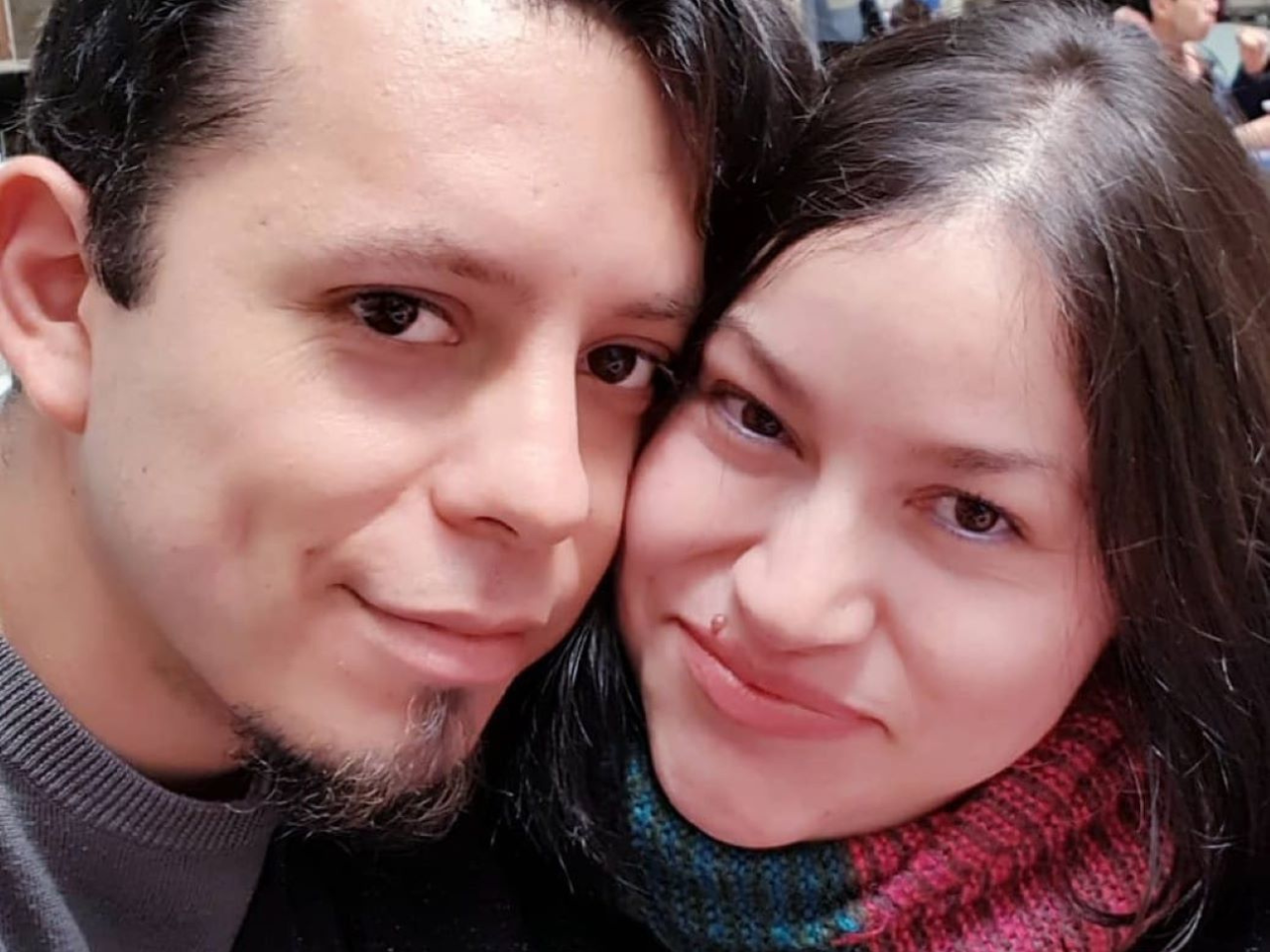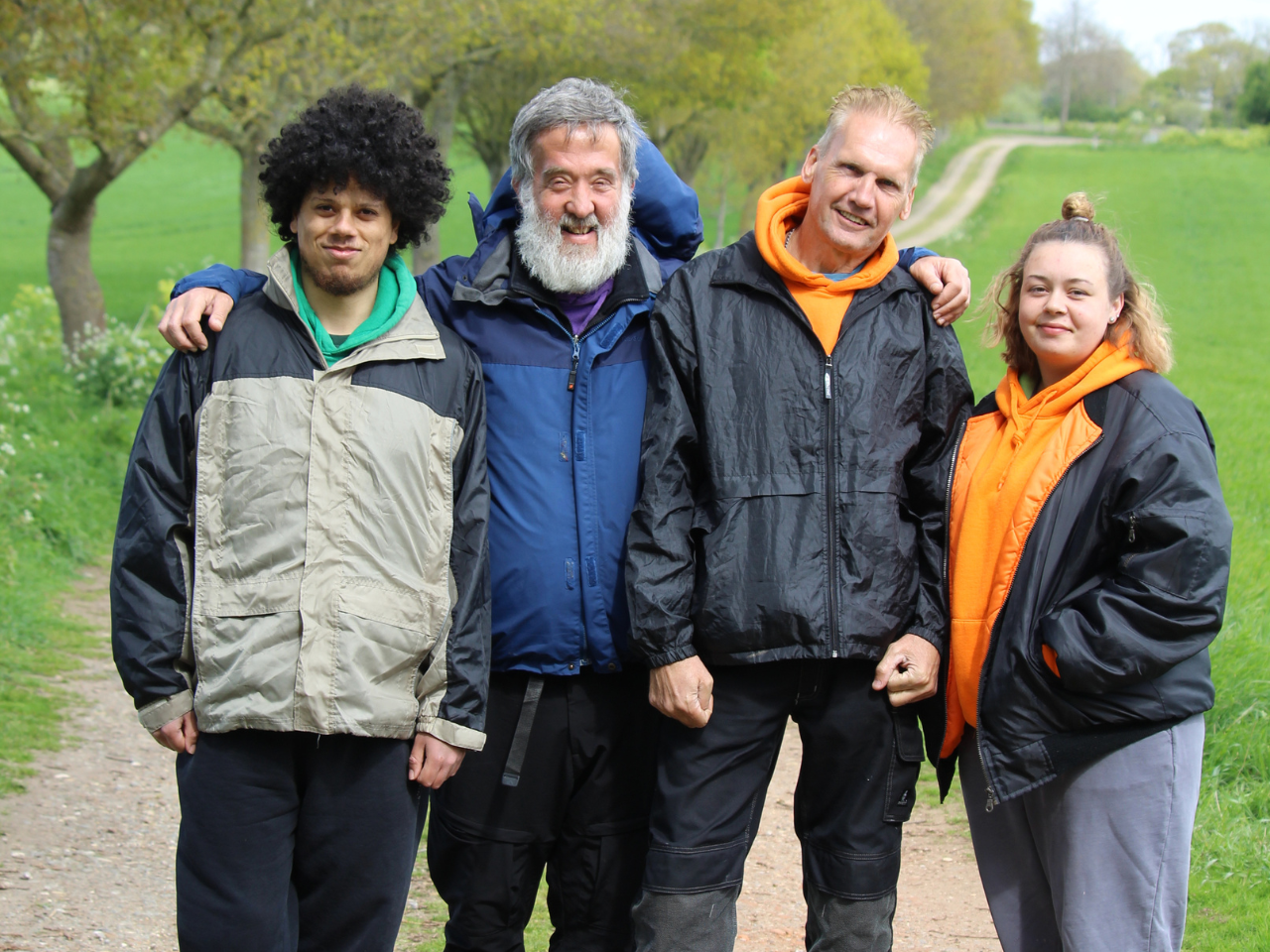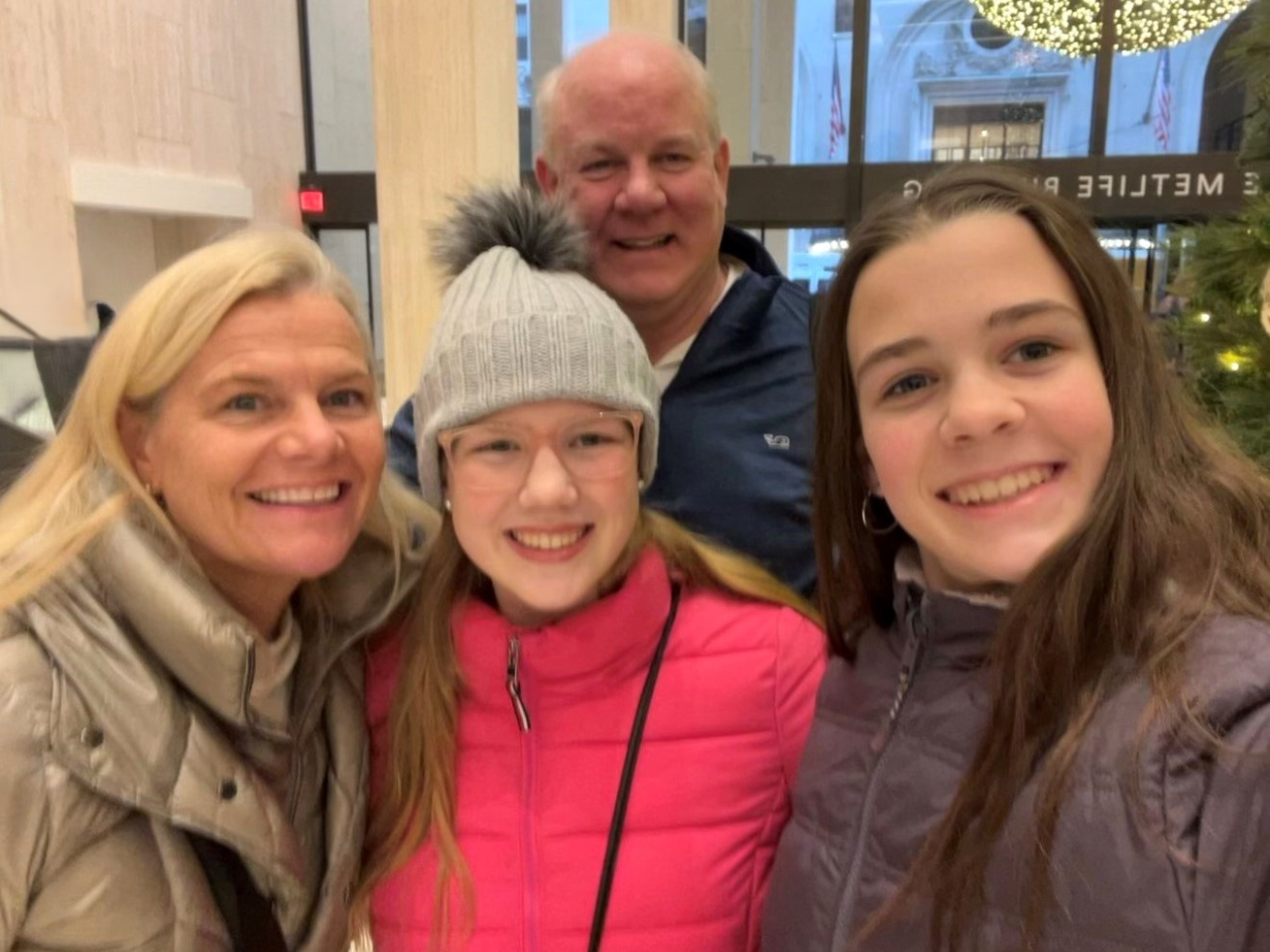Doctor faces community poisoned by pollution and struggling to survive
It feels like a parallel universe and if I tell you about it, you might say, “Oh that’s terrible,” and continue with your day. For me, living in the presence of people who do not eat and die of tooth infections in 2023, changed me. I could see, these are human beings just like me, who had the bad luck of being born in a forgotten place.
- 3 years ago
February 1, 2023
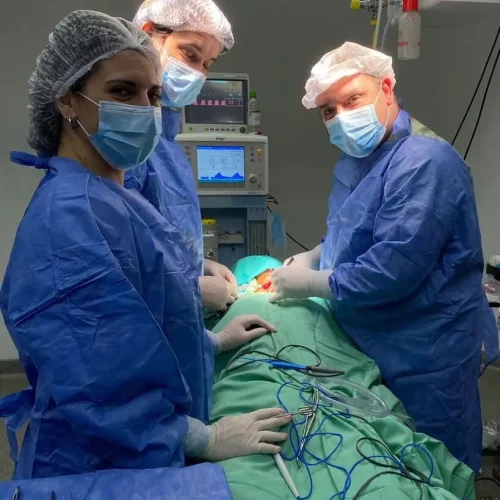
BUENOS AIRES, Argentina ꟷ As a doctor on the president’s medical team, some days I work in hospitals, and other days I attend presidential activities. I go wherever he goes. Of all the jobs I do, this role remains my priority. I joined the presidential medical team in 2013 under then president Dr. Cristina Fernández de Kirchner. It felt like the culmination of all my studies and training when I slept barely four hours a day.
Exchanging experiences with my counterparts in other countries and being in places I never imagined enriched my life. I remember going to the washroom once and encountering the president from another country, using the stall next to me.
Read more healthcare-related stories from around the world.
Doctor witnesses life-threatening complications of tooth infections
In 2020, I traveled to Chaco with the presidential medical unit. The hospital director there told me about the severe health issues facing the province. Our president Alberto Fernández went to inaugurate a water treatment plant. I accompanied him to a place where no clean drinking water existed. I saw firsthand the precarious nature of the infrastructure and the lack of human resources and basic necessities.
When I noticed people suffered serious tooth infections that could be easily avoided, I felt the emotions run through me. This place, located in the Impenetrable National Park, suffered from deforestation and contamination leading to all sorts of diseases. As we toured around, we found empty herbicide containers just laying where the Wichi community lived. They did not understand its poison and sometimes used the containers to transport water.
The people grappled through temperatures above 40 degrees Celsius (104 Fahrenheit). I watched as they walked barefoot on the dirt ground, struggling to obtain food and water, amidst poor housing conditions. They just tried to cope, day-to-day, amongst the incredible landscape invaded by companies which pollute and eviscerate nature. An idea came into my mind: to set up a health brigade to build a network of health professionals and volunteers in the area.
Back in Buenos Aires, I looked for resources and approached the university, but they ignored me. With two colleagues from the hospital, we moved forward, meeting regularly. Eventually, a recognized social organization called Nuestramérica joined us.
Team performs 400 surgeries in remote, desperate communities
From October through February, we traveled to the Wichi community near the Impenetrable National Park. We put together 10 brigades and operated on 400 people who urgently needed help. It felt both rewarding and exhausting. In the scalding temperatures with no infrastructure, we faced the elements every day.
The brigade members – including health educators, doctors, nurses, and social workers – exhibited incredible teamwork. As doctors accustomed to working in satisfactory conditions with supplies readily available, we had to be creative – coming up with tools to perform surgery. Surgeons and doctors working in this kind of environment learn to work anywhere. Ingenuity becomes our added value. When I went into the Chaco region, I did not say, “Ah, I don’t have the right tools so I won’t perform surgery.” You take action, solving the problems in front of you however you can.
It feels like a parallel universe and if I tell you about it, you might say, “Oh that’s terrible,” and continue with your day. For me, living in the presence of people who do not eat and die of tooth infections in 2023, changed me. I could see, these are human beings just like me, who had the bad luck of being born in a forgotten place. Whereas I grew up in a cosmopolitan city, with access to everything I need. In Buenos Aires you can be the poorest person and still receive decent treatment in the public health system. Not in Chaqueño. Even with all the money they may have in their pocket, the Wichi people die. They aren’t the only ones. This problem persists in other areas of Argentina as well.
An opportunity of a lifetime
During our last brigade to Chaco, we operated on about 40 people. We adapted to the lack of supplies, tools, and optimal conditions. We fixed things with duct tape and operated openly. For us, vulnerability became a virtue. I think all renowned medical professionals should work in these conditions, to face different realities. I feel prepared for anything now and can share these experiences with presidential medical units from Spain, France, or the United States.
While the State has gotten involved in some of the brigades, we still have no concrete systemic solutions. Working with the governor of Chaco, we worked on a health policy, but await the red tape to get it done. In the meantime, the situation continues. We get no payment for our work, but the gratification becomes payment enough.
My job as a member of the presidential medical unit remains my vocation. It takes me away from family and sometimes I miss important dates and events. My partner and two grown children understand and support me. The presidential medical team of 15-20 professionals in a variety of specialties maintains a sole objective to provide emergency medical assistance to the presidential family, but we gain exposure to so much more.

